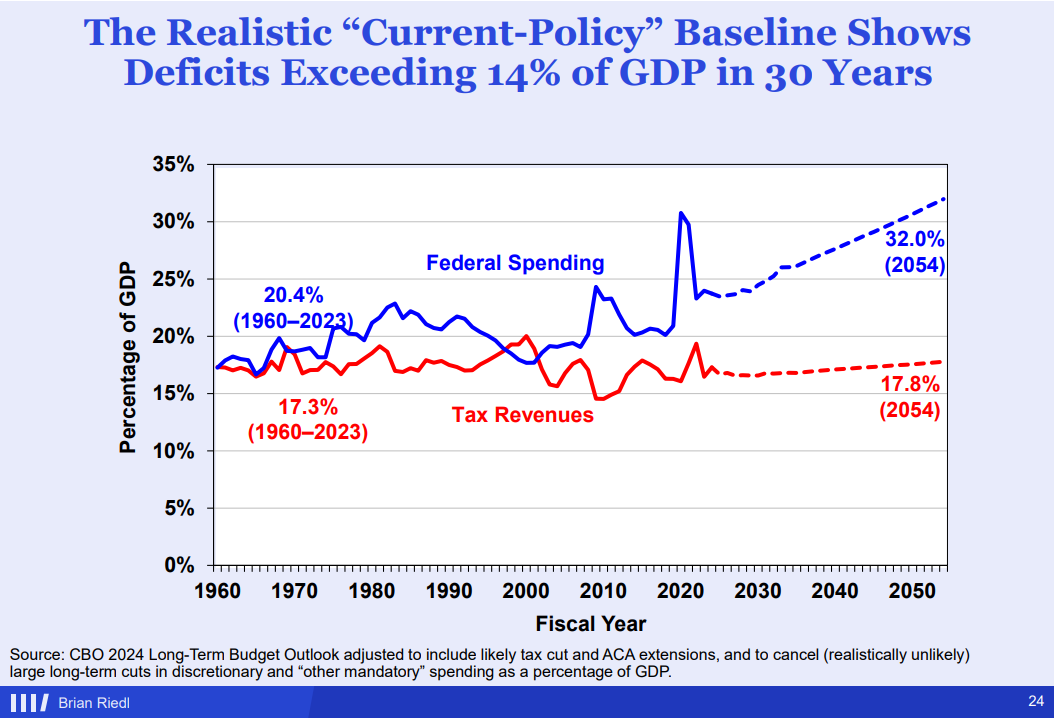
The beginning of a mini-reading project, Philip José Farmer's "Riverworld" five-book series. This one, the first, won the Best Novel Hugo back in 1972!
I own all five books, but for some reason I don't remember, I didn't read them all, I don't remember why.
And now this one is (apparently) out of print, with ludicrous Amazon pricing on some editions; as I type, someone is asking $71.26 for the paperback I bought for $1.50 back in 1971!
Anyway: the bold premise here is that the entire run of humanity, going back to Homo neanderthalensis, has been resurrected, naked, on Riverworld: about 36 billion souls "scattered" on the banks of the near-infinite River. They are penned into the river valley by impassable mountains. Food, drink, and some luxuries, are provided by "grails"; containers that can be attached to the "grailstones" up and down the valley, which will magically resupply them.
Nobody knows what's going on. But that doesn't stop some of them from reverting to bad behavior: murder, rape, theft, you name it.
The main character here is Richard Francis Burton, an actual historical figure (1821-1890). For unknown reasons, he was awakened briefly pre-resurrection, in the "factory" where bodies were constructed and souls implanted. An inveterate explorer in real life, he's driven to find out the creators of Riverworld and their motives. He assembles a motley crew (including Alice Hargreaves, another actual person) and sets off upriver. Where he encounters more danger and violence, along with clues about the designers.
But it's only the first book of five, so don't expect to get all your questions answered.




![[Fix This Sign]](https://imgs.xkcd.com/comics/fix_this_sign.png)

![[The Blogger and His Dog]](/ps/images/me_with_barney.jpg)



